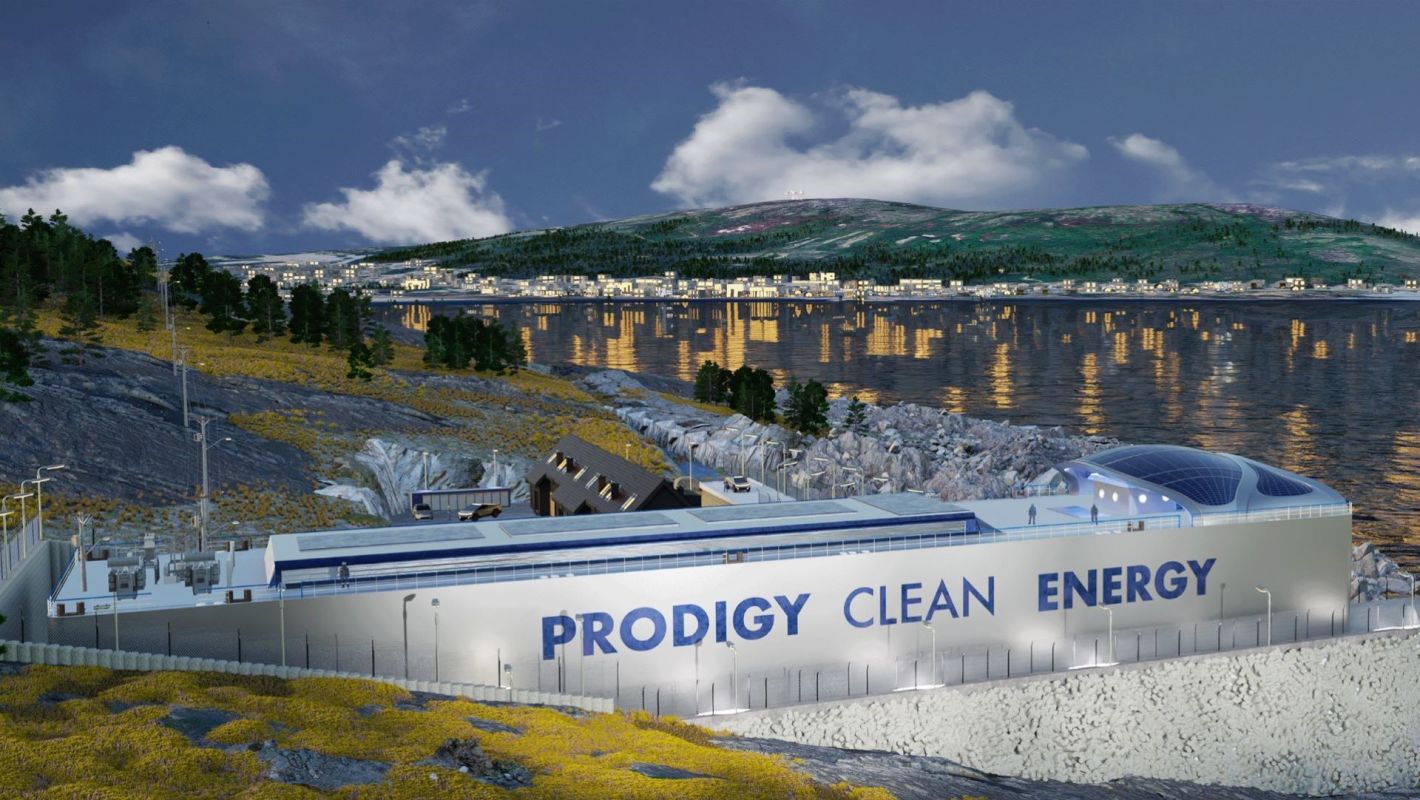The nuclear power industry now has a delivery service.
Canada's Prodigy Clean Energy and Des Nëdhé Group are partnering on a plan to transport portable microreactor stations, called Transportable Nuclear Power Plants, to the country's remote locations. They will power mining facilities, construction efforts, and even communities, according to a press release on the news.
The stations are being developed to house different types of microreactors, which are small, portable nuclear generators. They are often 100 to 1,000 times smaller than typical ones, per Idaho National Laboratory.
What's more, the Prodigy/Des Nëdhé effort will include collaboration with Indigenous communities so that they can take part in workforce gains and have ownership in the enterprises.
"Ensuring a secure, carbon-free, and affordable electricity and heat supply for all of Canada is crucial, and SMRs will play a significant role," Des Nëdhé President Sean Willy said in the press release. Willy's agency is an Indigenous economic development firm.
Part of the goal is to replace dirty diesel with cleaner nuclear power. The Prodigy stations will be prefabricated in a shipyard and transported to where electricity is needed. They can be deployed inland or in a protected harbor. The latter option reduces the concrete footprint needed for the setup. The stations are quick to activate and are redeployable, having a lifetime of 60 years, all per Prodigy.
The stations can operate in areas with seismic activity and in "volatile climates," the makers note. They also have a plan in place before deployment to deal with nuclear waste.
In a smart move, the partners are collaborating with Westinghouse to incorporate its state-of-the-art eVinci microreactor in the project. The eVinci — one is set to go online in Saskatchewan in 2029 — can run for eight years or more, preventing 55,000 tons of air pollution from spewing into the atmosphere annually, per Westinghouse.
There are 54 commercial nuclear power plants in the U.S. and six in Canada already, according to both governments. The U.S. plants generate around 2,205 tons of nuclear waste a year. That's less than half the volume of an Olympic swimming pool. The waste is in the form of small ceramic pellets, not barrels of ooze, all per the U.S. Department of Energy.
If the portable projects can gain traction with a safe and reliable process — disasters are rare yet extreme — it could help to energize our transformation to a more sustainable energy source.
Breakthroughs in fusion reactions (current nuclear power plants use fission) could also provide a less radioactive nuclear energy source. However, there's still work to be done to bring fusion to market.
The Prodigy news is big because nuclear energy would provide near-limitless electricity in hard-to-power areas. It could eliminate planet-warming air pollution from dirty-fuel-burning plants, preventing harmful fumes from impacting public health.
"Prodigy's microreactor … offers a near-term solution to transition remote locations off of diesel," Prodigy CEO Mathias Trojer said in the press release.
Join our free newsletter for weekly updates on the coolest innovations improving our lives and saving our planet.









